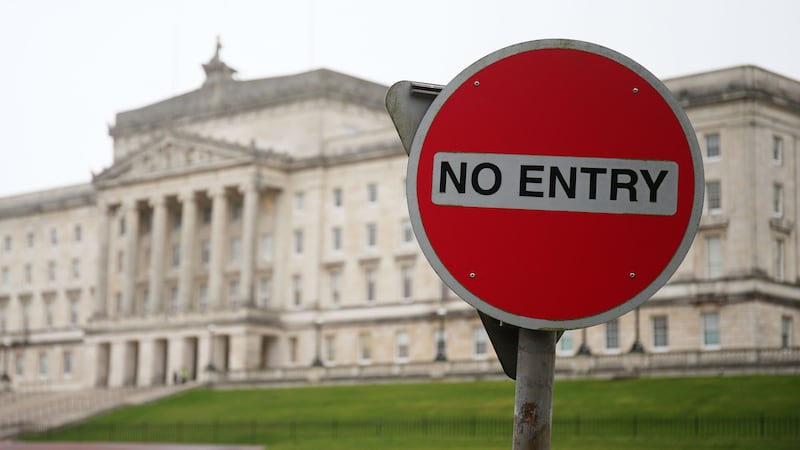THE north is back on the political agenda with a vengeance for the political class in Dublin.
There hasn’t been such a focus on the issue since the Good Friday Agreement almost two decades ago.
It’s not the preferred topic for the southern establishment, who have enough problems to deal with at local level, but the seriousness of the situation makes it unavoidable.
Although the resignation of Martin McGuinness as deputy first minister was looming, there was still some hope that it might be averted. Even when they are predicted, these things always come as a bit of a shock.
Part of the reason was the timing; the other was the frail appearance and hushed speech of the Derry man as he made his announcement. Even people in the south who felt nothing but revulsion for the IRA campaign will be hoping that McGuinness makes a full and rapid recovery. Irish government negotiators generally preferred him to Gerry Adams because of his direct but easy-going manner. There was also a belief that he was a more important figure in republican circles.
Arlene Foster is a largely unknown quantity on the southern side of the border. It might be a good idea from a public relations viewpoint if she launched a charm offensive through the Dublin-based media but no doubt the prospect of an election will ensure her focus remains on the north.
The insistence by Sinn Féin that the first minister should step aside caused some bemusement in the south. Her allegation of misogyny might seem far fetched but demanding that someone with her experience at the hands of the IRA should now dance to a republican tune always looked an unlikely prospect.
The “cash-for-ash” shemozzle echoes similar political and administrative disasters in the other part of the island. A good, strong, authoritative inquiry was called for but that is looking problematic at this stage.
There is a growing feeling in Dublin that this issue was just the tip of the iceberg - if one may use that term in the context of heating. Clearly, to employ McGuinness’s favourite word, the working relationship between first and deputy first minister was nowhere near as good as the Paisley-McGuinness rapport and not even on a par with the interaction when Peter Robinson took over.
Instead of the“Chuckle Brothers”, Martin and Arlene looked like the political equivalent of “Snarling Siblings”. But if the UK head of state, Queen Elizabeth II, can get along with McGuinness, he can’t be that bad from a unionist point of view.
Meanwhile, like northern nationalists, many in the south regard the decision to cut the £50,000 Irish-language grant as bizarre and provocative. Communities Minister Paul Givan was recently filmed playing Gaelic football to mark the award of a grant to a GAA club in Lisburn for the same amount. That was hardly the action of an “ignoramus”, despite the use of the term by Gerry Adams in reference to the cut in funding for summer courses in Irish. Givan scored a point playing Gaelic but the decision on the grant was an own goal.
Given the challenges that Brexit poses for the entire island, the absence of a functioning administration in the north will be deeply unhelpful. No doubt minister for foreign affairs Charlie Flanagan will be working hard to promote a restoration of power-sharing but the real decisions will have to be made by the DUP and Sinn Féin.
One is reminded yet again of Winston Churchill’s famous comment about the “dreary steeples” that symbolise the quarrel between orange and green which seems to last forever.
@ddebreadun








